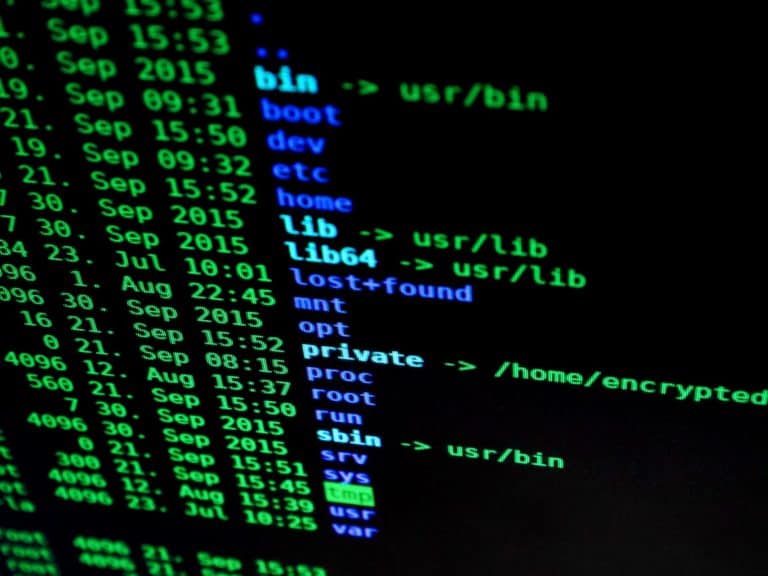In Jackson County, Georgia, no less than 400,000 dollars (355,624 euros) was paid to cyber criminals. This put an end to a ransomware infection and gave government employees access to their IT systems.
11Alive reports (via ZDNet) that Jackson County’s internal networks were infected with ransomware on Friday, March 1. The infection meant that most of the local government’s IT systems were put offline, with the exception of the website and the 911 emergency system. The FBI was called in, while a cybersecurity consultant was hired.
Everything’s out.
Everything we have is out, Sheriff told Janis Mangum during an interview with StateScoop about the infection. We process everything the way we did before we had computers. We work with paper when it comes to reporting and processing arrests. So we function as normal, but everything is a little more difficult.
In order to put an end to this, a consultant was hired who had to talk to the developers of the malware. During these conversations, it was agreed that access to the systems would be resumed for 400,000 dollars (equivalent to 355,624 euros). Currently, Jackson County employees work with the decryption key to release files.
Ryuk malware
Jackson County manager Kevin Poe explains to Online Athens (also via ZDNet) that the choice to pay was not an easy one. “We had to decide if we wanted to pay, Poe began his explanation. We could have literally taken months off and spent a lot more money on rebuilding our systems.
According to Poe, the systems were infected with the Ryunk malware. Probably that’s what he meant by Ryuk, ransomware that hasn’t been cracked by researchers so far. The Ryuk Gang seems to be based in Eastern Europe and is increasingly focusing on local authorities, care centres and large business networks.
Incidentally, the illustrious honour of the highest amount ever paid to the developers of Ryuk goes to the South Korean web host Internet Nayana. The latter paid 1.14 million dollars (1.01 million euros) to bitcoin to redeem its systems.
This news article was automatically translated from Dutch to give Techzine.eu a head start. All news articles after September 1, 2019 are written in native English and NOT translated. All our background stories are written in native English as well. For more information read our launch article.